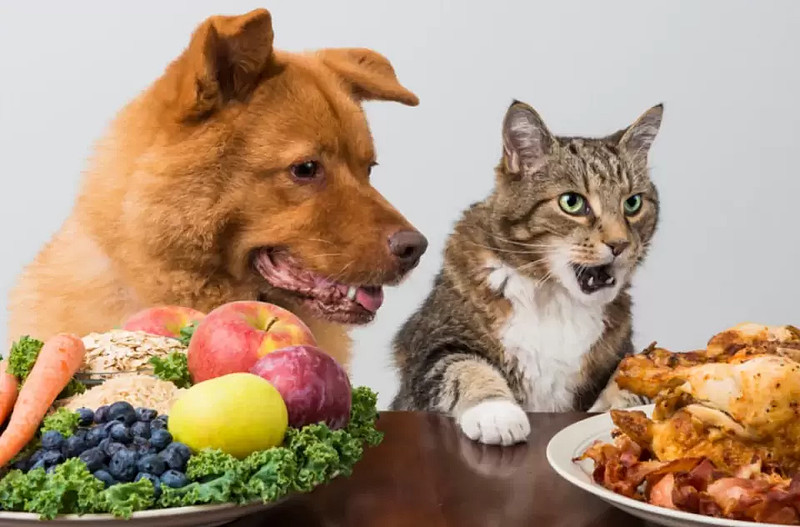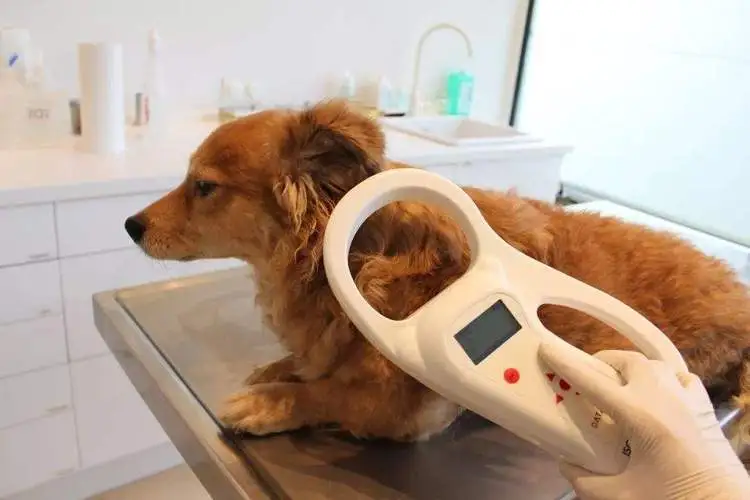Understanding Your Pet’s Nutritional Needs
Proper nutrition is the cornerstone of a healthy and happy pet. Just as humans need a balanced diet to thrive, our furry companions also require specific nutrients to support their growth, energy, and overall well-being. In this article, we’ll delve into the essential aspects of understanding your pet’s nutritional needs.

1. Species-Specific Nutrition
It’s crucial to recognize that different species of pets have distinct nutritional requirements. Cats, dogs, rabbits, guinea pigs, birds, and reptiles all have unique dietary needs. Understanding your pet’s species-specific requirements is the first step in providing them with the right nutrition.
2. Life Stage Matters
A pet’s age and life stage significantly influence their nutritional needs. Puppies and kittens, for example, require diets that support their rapid growth and development. Adult pets have different energy and nutrient requirements, while senior pets may benefit from specialized diets that address aging-related issues.
3. Protein, Carbohydrates, and Fats
The three primary macronutrients—protein, carbohydrates, and fats—play vital roles in your pet’s diet:
- Protein: Essential for muscle development, immune function, and overall health. The source of protein (animal or plant-based) can vary by species.
- Carbohydrates: Provide energy and fiber. Dogs may benefit from a moderate amount of carbohydrates, while cats are obligate carnivores and require fewer carbs.
- Fats: Supply concentrated energy, support skin and coat health, and aid in the absorption of fat-soluble vitamins.
4. Micronutrients and Vitamins
In addition to macronutrients, your pet needs a variety of vitamins and minerals to thrive. These micronutrients play essential roles in various bodily functions, including bone health, immune support, and tissue repair. The right balance of vitamins and minerals is crucial.
5. Reading Pet Food Labels
Understanding how to read pet food labels is essential for making informed choices. Look for labels that specify the life stage the food is intended for, list protein sources, and provide information about nutrient content.
6. Dietary Restrictions and Allergies
Some pets may have dietary restrictions or allergies that require special diets. Common allergens include certain proteins or grains. If you suspect your pet has allergies, consult your veterinarian for guidance on hypoallergenic diets.
7. Consult Your Veterinarian
Every pet is unique, and their nutritional needs may vary. Consulting your veterinarian is the best way to determine the right diet for your pet. They can provide recommendations based on your pet’s species, age, health, and any specific concerns.
Conclusion
Understanding your pet’s nutritional needs is a fundamental aspect of responsible pet ownership. Providing the right balance of macronutrients, vitamins, and minerals is essential for your pet’s growth, energy, and overall health. Keep in mind that your veterinarian is your best resource for tailoring a diet that meets your pet’s individual requirements.
By taking the time to learn about your pet’s nutritional needs and seeking professional guidance when necessary, you can ensure that your beloved companion receives the best possible nutrition to lead a happy and healthy life.






